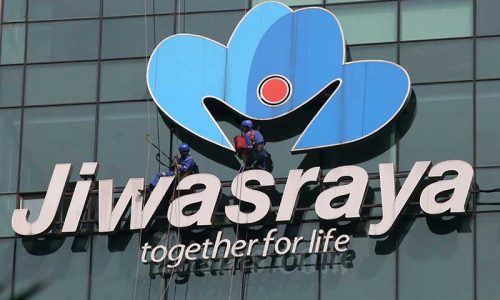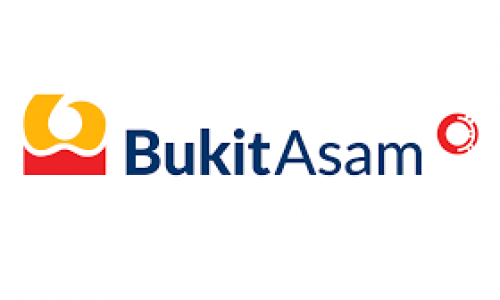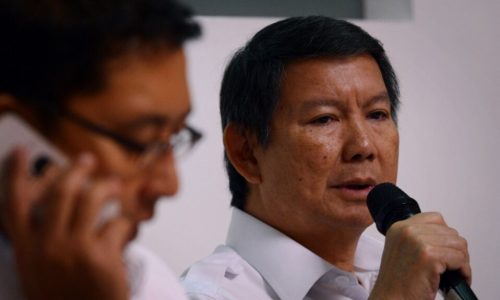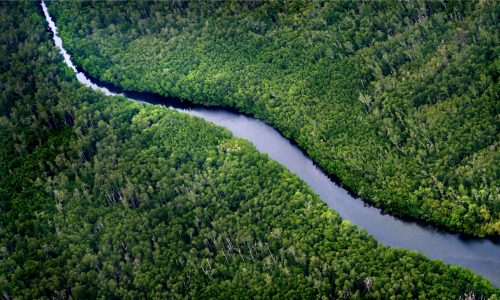Energy Shift Institute, an independent think tank on energy transition in Asia, has questioned the urgency of a plan by PT Adaro Energy Indonesia to sell its thermal coal mining unit for US$2.5 billion, whether it is a big leap towards a greener business model or just a strategic play to improve the company’s image.
Christina Ng, Managing Director of Energy Shift Institute, said since it was rumored in 2021, Adaro’s decision to finally spin off its coal business has been a pivotal point in Indonesia’s energy landscape, sending strong signals to both domestic and international markets.
”For a company that profits from coal, the move shows that even Indonesia’s most established coal players feel the pressure of global energy transition,” Christina said on Wednesday, September 18, 2024.
She said further that although the share sale is packaged as an effort to align with global trends, Adaro’s move will face intense scrutiny, especially since the disposal of ownership is done through a public offering.
“This is an opportunity for Adaro to prove its commitment to a more sustainable business and demonstrate leadership in responsible divestment. How Adaro executes this stake sale will determine the company’s sustainability narrative going forward,” she noted.
Fossil fuel companies are under intense scrutiny for their ‘green’ claims. As the world’s largest exporter of thermal coal, Indonesia, including Adaro, is under a global spotlight.
The spin off of Adaro’s coal business will allegedly attract a new investor base, one that is focused on sustainability and the long-term value of a low-carbon future. These investors want more than just the disposal of coal operations, which tends to be seen as a symbolic gesture and an abdication of responsibility. They want a commitment to real sustainability.
A public offering opens up opportunities for different types of shareholders, which adds to the complexity of disposing of Adaro shares. If the buyer is not committed to reducing emissions, this will impact Adaro.
“For example, Australian mining giants Rio Tinto and BHP have been negatively impacted by disposals of their coal businesses that did not result in reduced coal production, but simply shifted the burden of carbon emissions to other companies,” Christina said.
While Adaro cannot directly control who buys shares in the public offering, it can influence the process. Adaro can target and attract investors and funding institutions with ESG and energy transition commitments as potential buyers. This will not only align the share sale with greener targets, but also build a shareholder base committed to minimizing the environmental impact of coal mining operations.
“Responsible divestment is key to securing the capital and partners needed to build a greener profile,” Christina cited.
Greenwashing trap
The biggest risk Adaro faces is greenwashing − selling coal assets but turning a blind eye to how they will be managed.
“If the new owner prioritizes profit over climate responsibility, Adaro’s sustainability profile will suffer. To mitigate this, Adaro should consider innovative measures such as linking sales to short-term climate targets,” Christina said.
She added that Adaro could provide discounts if the new company, under a new owner, is able to meet emissions reduction targets or phaseout coal mines, similar to the concept of sustainable financing.
She said further that although rarely used and tested in public offerings, this approach would help Adaro avoid the greenwashing narrative and reinforce its long-term commitment to Indonesia’s energy transition.
“This step can prevent the perception that Adaro is simply diverting the problem,” she noted.
Post-divestment strategy
The sale of coal assets is just the first step. The most important thing is what Adaro does next.
Christina said that as a coal giant that has diversified its business, Adaro’s move into other coal-related businesses, including power plants, and how the capital raised will be reinvested, will be closely watched by investors.
“If the capital is deployed into renewable energy, energy storage or critical minerals projects such as nickel and aluminum that comply with international sustainability standards, this will reinforce Adaro’s shift away from coal,” she said.
She suggested that Adaro needs to create a clear post-divestment roadmap, such as setting measurable steps to achieve a target of half of revenues from non-coal businesses by 2030.
“By setting short-term targets and detailing how share sales will support its green investments, shareholders will be able to track Adaro’s progress. This transparency will be key to Adaro maintaining investor confidence and strengthening its sustainable financing profile,” Christina said.
Green strategy
She said further that how Adaro handles the spinoff of its coal assets will determine its role in Southeast Asia’s energy transition, citing that this move is not just about divesting the coal business, but demonstrating leadership in the coal sector to move to a greener and more sustainable business model. “If Adaro gets its act right − by aligning the stake sale with climate targets or a coal phase-out, and doubling down on its green energy ambitions − it could pioneer a regional move to cleaner energy,” Christina concluded.









